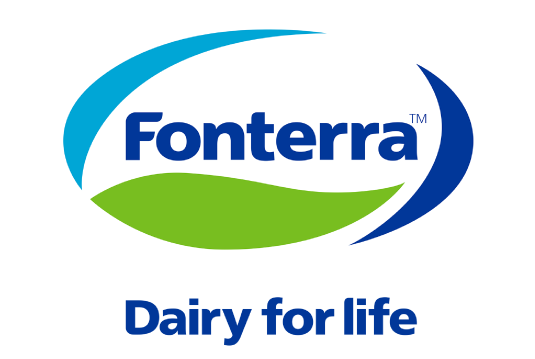How one community has rallied to protect whitebait
It might be whitebait season right now but a community in Northland is more set on making new homes for the silvery-white fish than catching them.
There’s been a hive of activity in and around the Ruakākā river near Whangārei by passionate locals wanting to protect the native Īnanga species, and we’re getting right behind their efforts.
Since 2019, Fonterra has worked closely with the Whitebait Connection – a programme run through the Mountains to Sea Conservation Trust.
With a long-term goal to improve the river’s water quality through activities such as local school education programmes, delivery of Farm Environment Plans and community riparian planting days.
Over 1,000 native plants have been planted along the river to date, with plans in place to plant another 3,000 by the end of 2021.
It’s one of many areas across New Zealand where we’re working to restore rivers, streams, lakes, wetlands and coastal estuaries as part of our Sustainable Catchments programme.
Fonterra's Head of Farm Source Northland Mike Borrie says it’s great to see the work that’s going on in Ruakākā to protect the at-risk Īnanga.
“Our farmers are playing a key role, including one couple who have a natural spawning site on the riparian edge of their property, and another who have supported the installation of an artificial spawning habitat to help increase the number of eggs that hatch. But the real success of this project lies in the way the community has rallied together.”
A lot of people love the fact that we have native freshwater fish in our rivers and want their grandchildren to be able to see them as well.
Farmers in the catchment area have implemented Farm Environment Plans with help from Fonterra’s Sustainable Dairying Advisor Ben Herbert. The plans include tangible actions to enhance the river ecosystem and its inhabitants, some of which have already been implemented, such as riparian planting and baseline water quality monitoring.
Herbert has worked closely with Whitebait Connection’s Project Manager Kim Jones and school’s programme lead Isabel Krauss to engage the community.
Jones says Īnanga, which can only be caught in-season from 15 August to 30 November for most of New Zealand, are a great species for encouraging a wide range of people to get onboard.
“A lot of people love the fact that we have native freshwater fish in our rivers and want their grandchildren to be able to see them as well. It gives them reason to be involved in stream restoration and protection and make those connections between what lives in our natural environment and how our actions affect it,” says Jones.
The work to date shows there’s over a kilometre of potential Īnanga spawning habitat on either side of this river and with continued improvements, spawning success could increase rapidly according to Jones.
“There is still a lot of work to be done, but together we can absolutely make a difference. This includes collaborating with local hapū Patuharakeke kaitiaki towards our common goals – their local knowledge and values are invaluable,” adds Jones.
Fonterra is also helping to protect other species of whitebait, including the Giant Kōkopu in Southland. The Sustainable Catchments programme supports communities in a number of ways including financial grants, providing skills and expertise and helping foster collaboration between community groups, iwi, councils and farmers as well as utilising the Co-op’s army of staff volunteers.
Fonterra’s Head of Environmental Partnerships Trish Kirkland-Smith says a key pillar of the initiative is supporting communities to achieve the specific environmental, social and economic aspirations that they’re aiming for.
“Communities themselves know what’s best for their own unique environments. We see our role as helping them reach their goals faster, whether it’s about biodiversity, water quality, pest control or something else. Restoring New Zealand’s waterways is going to take a collective effort and we’re committed to doing our bit,” says Kirkland-Smith.

